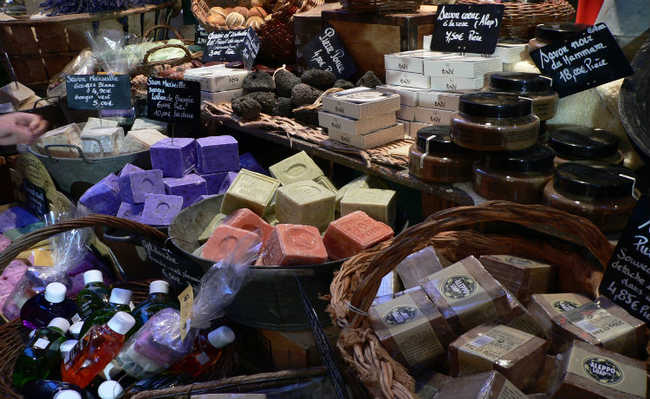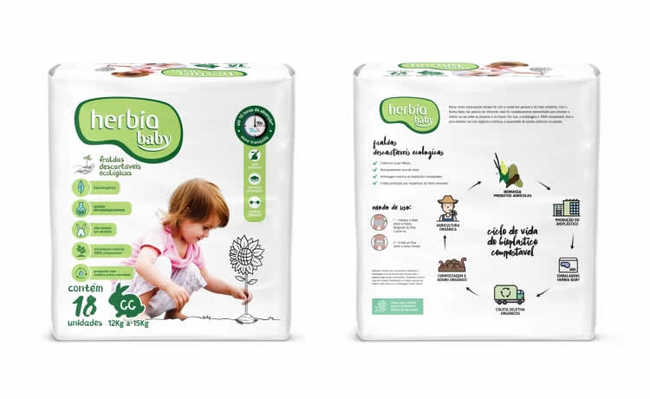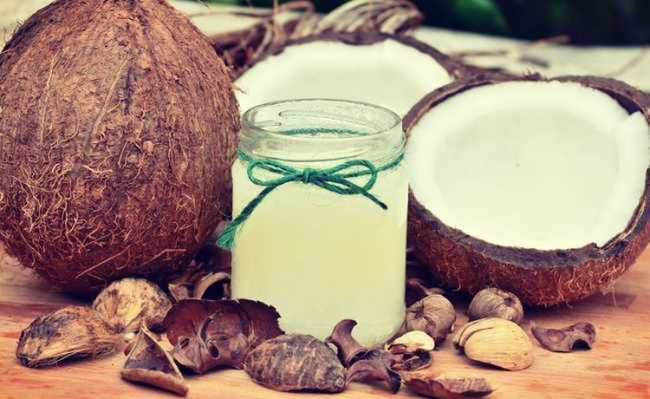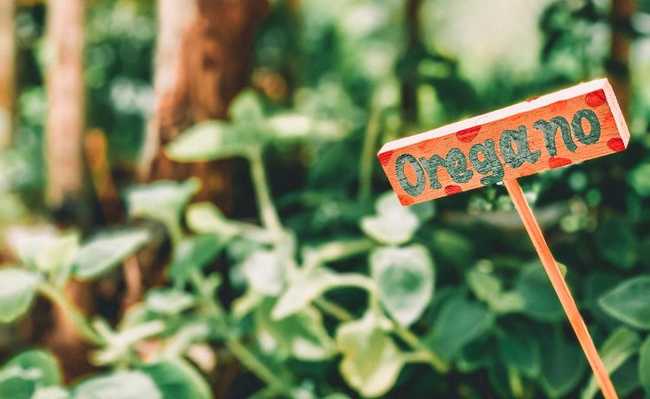Discover the differences between natural, organic and conventional cosmetics
Understand the elements that differentiate natural, organic and conventional cosmetics and learn how to identify each one

Would you, as a consumer, know how to recognize the difference between natural cosmetics, cosmetics based on natural products and organic cosmetics at the time of purchase? If the answer is no, then the eCycle portal explain to you.
There are types of cosmetics on the market that differ from conventional products. Conventional ones are not subject to environmental certification, but require regulation by the National Health Surveillance Agency (ANVISA). Another issue that differentiates conventional cosmetics from others concerns the percentage of synthetic, petroleum-derived, animal-tested and genetically modified ingredients present in the product's content.
natural cosmetics
According to the Report of the Brazilian Micro and Small Business Support Service (SEBRAE), natural cosmetics should not contain chemical additives in their composition. For the Biodynamic Institute (IBD) and for Ecocert, natural cosmetics must have natural raw materials and cannot contain prohibited raw materials:

Ecocert defines that natural cosmetics can have at least 95% of the total content of natural raw materials. The other 5% may consist of synthetic substances listed by the certifier, but which are not included in the prohibited raw materials for natural cosmetics.
So to find out if the cosmetic is natural, check for the absence of the prohibited ingredients listed above. If it bears the IBD - Natural Ingredients seal or the ECOCERT seal, it is another confidence factor that it is really a natural cosmetic.

In addition to the commercialized natural cosmetics, there are also homemade ones, made by you or someone else in an artisanal way. Discover simple recipes for how to make toothpaste and skin moisturizer.
If the cosmetic contains any of the prohibited raw materials listed above and still advertises on its packaging that it is a natural cosmetic, then it can be considered a natural cosmetic. Let's understand!
Cosmetics based on natural products
These cosmetics are widely used in the market because they are products manufactured in a conventional way, but which have a percentage of natural ingredients in their formulation. They contain the raw materials that are prohibited for natural cosmetics and one or other raw materials allowed for natural products. The problem surrounding the marketing of these cosmetics lies in the fact that many are advertised as 100% natural. Some may even contain seals from IBD or Ecocert because they are using in the cosmetic composition an ingredient that is certified, either because it is natural or because it is organic. But this does not give the cosmetic the property of being natural. Speaking of organics, what are organic cosmetics really?
Organic cosmetics
According to IBD, there are organic cosmetics and cosmetics made with organic raw materials. Organic cosmetics must have at least 95% of raw materials certified as organic. The remaining 5% can be made up of water and other natural raw materials. Ecocert follows these same principles for defining an organic cosmetic. Cosmetics made with organic raw materials must have at least 70% and at most 95% raw materials certified as organic.
These certified organic raw materials are natural and based on organic production system methods, which seek to improve the use of natural and socioeconomic resources using other alternative methods to the use of synthetic materials in the production chain (learn more about the difference between conventional and organic agriculture).
Therefore, when a cosmetic is natural, it is not necessarily organic, but when a product is organic it will always be natural. And a cosmetic based on natural products cannot be considered natural. The organic cosmetic has a higher percentage of organic raw material than the cosmetic made with organic raw material.
Recycling and disposal
Cosmetics based on natural products, as they are almost the same as conventional cosmetics, cannot be discarded in the common garbage (know what to do with expired cosmetics. Natural and organic cosmetics, including those made with raw materials, are also included. Organics are considered biodegradable, and therefore can be disposed of in the common garbage.It is important to always read the label to know the best final destination for the product.










